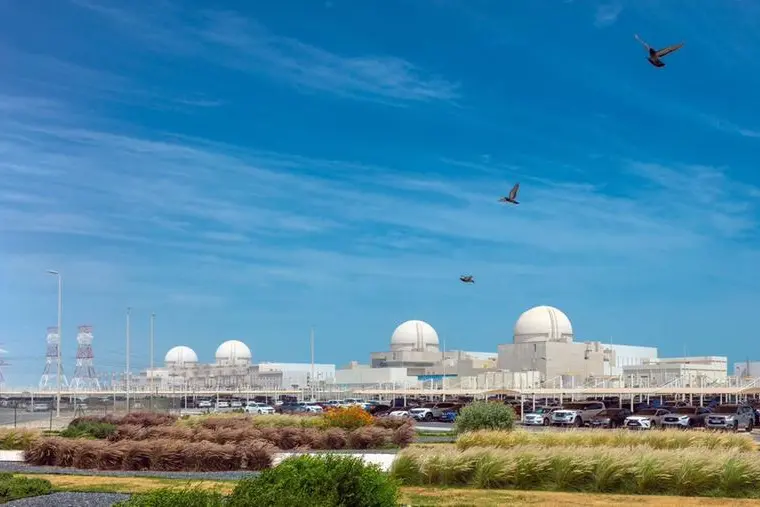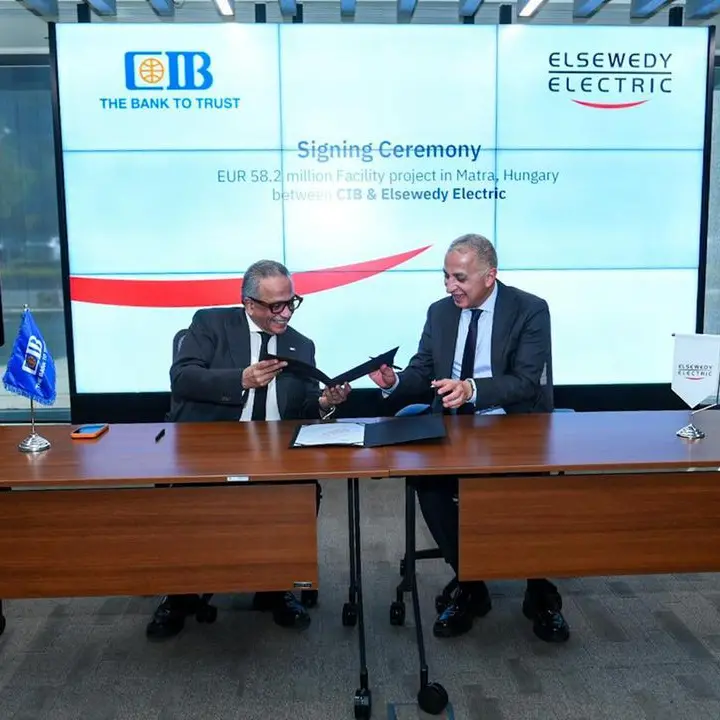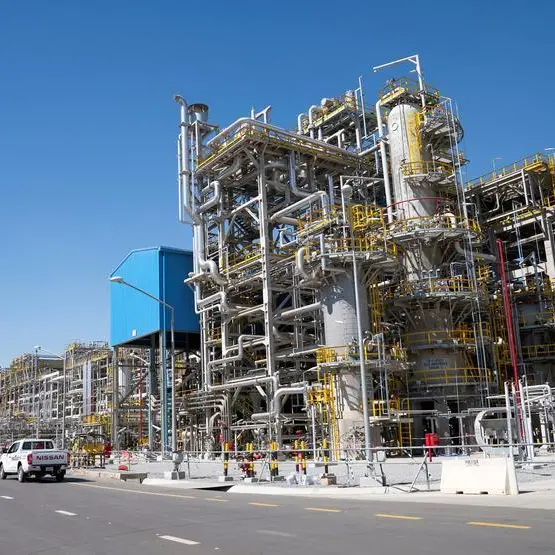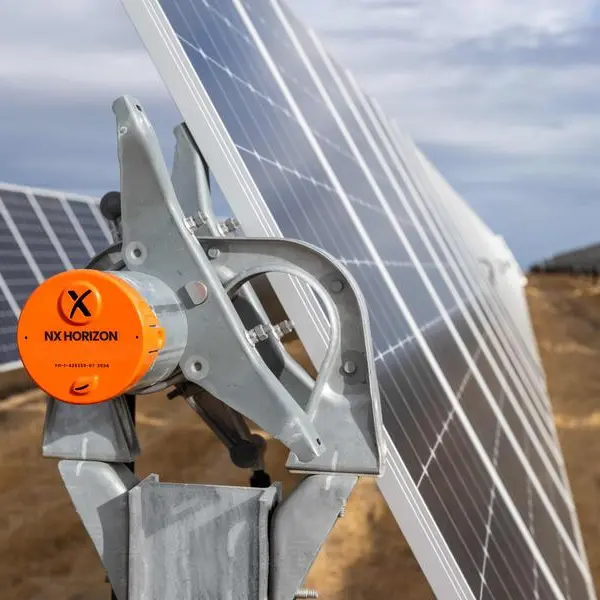PHOTO
A new global consensus is urging the accelerated deployment of nuclear energy, but financing remains a hurdle, according to International Atomic Energy Agency (IAEA) Director General Rafael Grossi.
Speaking with members of the World Bank Group Executive Board in Washington last week, Grossi emphasised that while the private sector will play a crucial role in financing, multilateral development banks (MDBs) such as the World Bank can advance sustainable development by assessing nuclear project bankability and contributing lending at affordable rates.
The World Bank and other MDBs currently do not contribute financing to nuclear power new build projects, although some MDBs have provided lending for upgrades to existing nuclear power reactors or their decommissioning.
An IAEA statement quoted Grossi as saying that financing nuclear power would better align MDBs with the “new global consensus” forged last year at COP28 in Dubai, which called for accelerating the deployment of nuclear power along with other zero emission energy technologies to achieve deep and rapid decarbonisation.
To meet International Energy Agency’s (IEA) projection of doubling global nuclear capacity by 2050 to meet climate targets, annual investments in nuclear power must more than double to reach $100 billion, IAEA own estimates showed.
Over 30 countries new to nuclear power are considering or already developing their first plants, the IAEA statement noted. While some newcomers such as Bangladesh and Egypt are already building their first nuclear power plants with the help of government-backed nuclear reactor vendor financing, other countries may need to pursue different financing options.
At COP28 in Dubai, leaders from 22 countries pledged to work towards tripling global nuclear energy capacity by 2050 to meet climate goals and energy needs.
In the Middle East, currently, only the UAE and Egypt have active nuclear energy programmes. The UAE’s Barakah Nuclear Power Plant with a total nameplate capacity of 5,600 megawatts (MW) is set to become fully operational this year after its 1,400MW fourth and final unit was connected to the grid in March 2024. Egypt is constructing the El Dabaa Nuclear Power Plant on the Mediterranean coast with a total capacity of 4,800 MW.
(Editing by Anoop Menon) (anoop.menon@lseg.com)
Subscribe to our Projects' PULSE newsletter that brings you trustworthy news, updates and insights on project activities, developments, and partnerships across sectors in the Middle East and Africa.





















